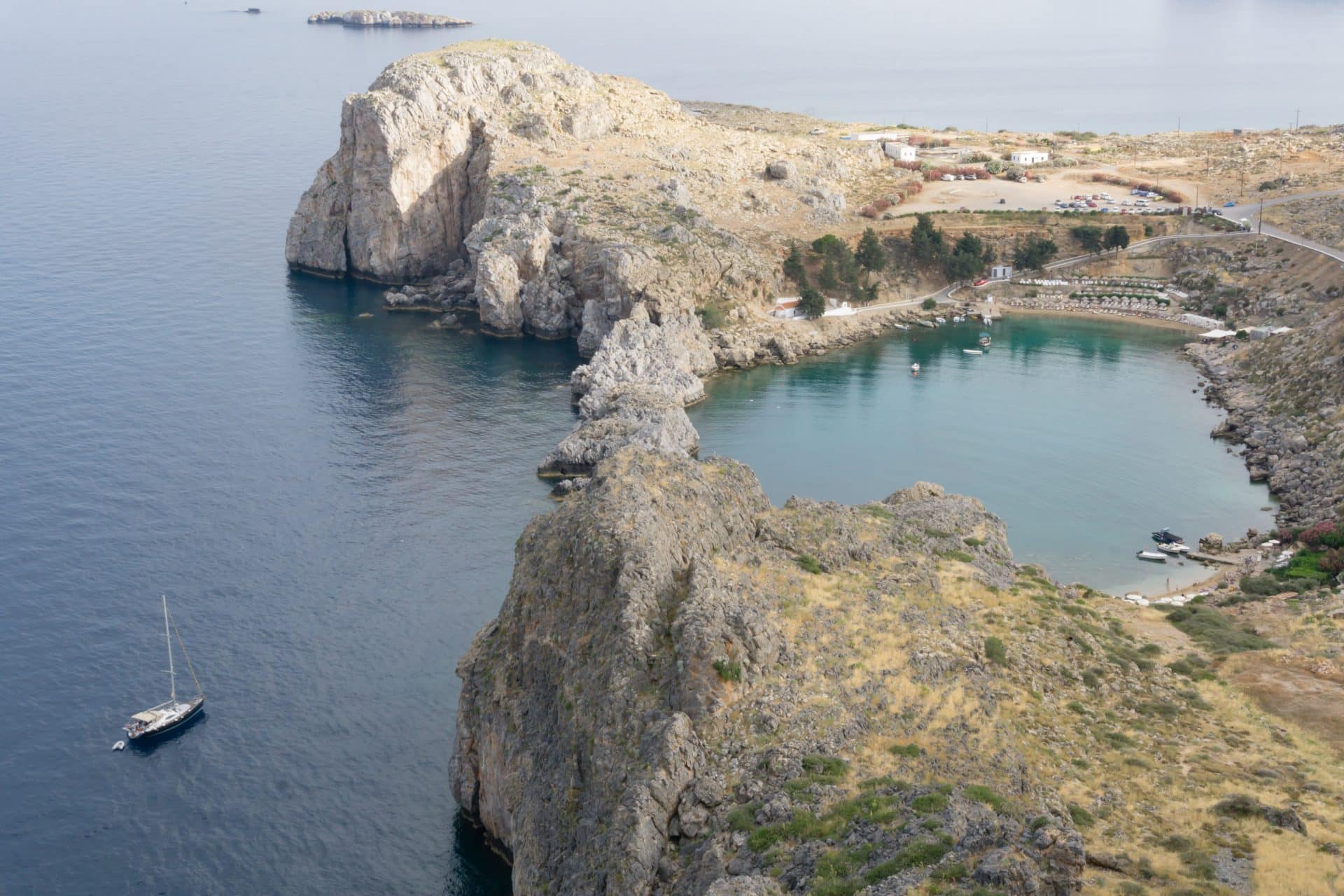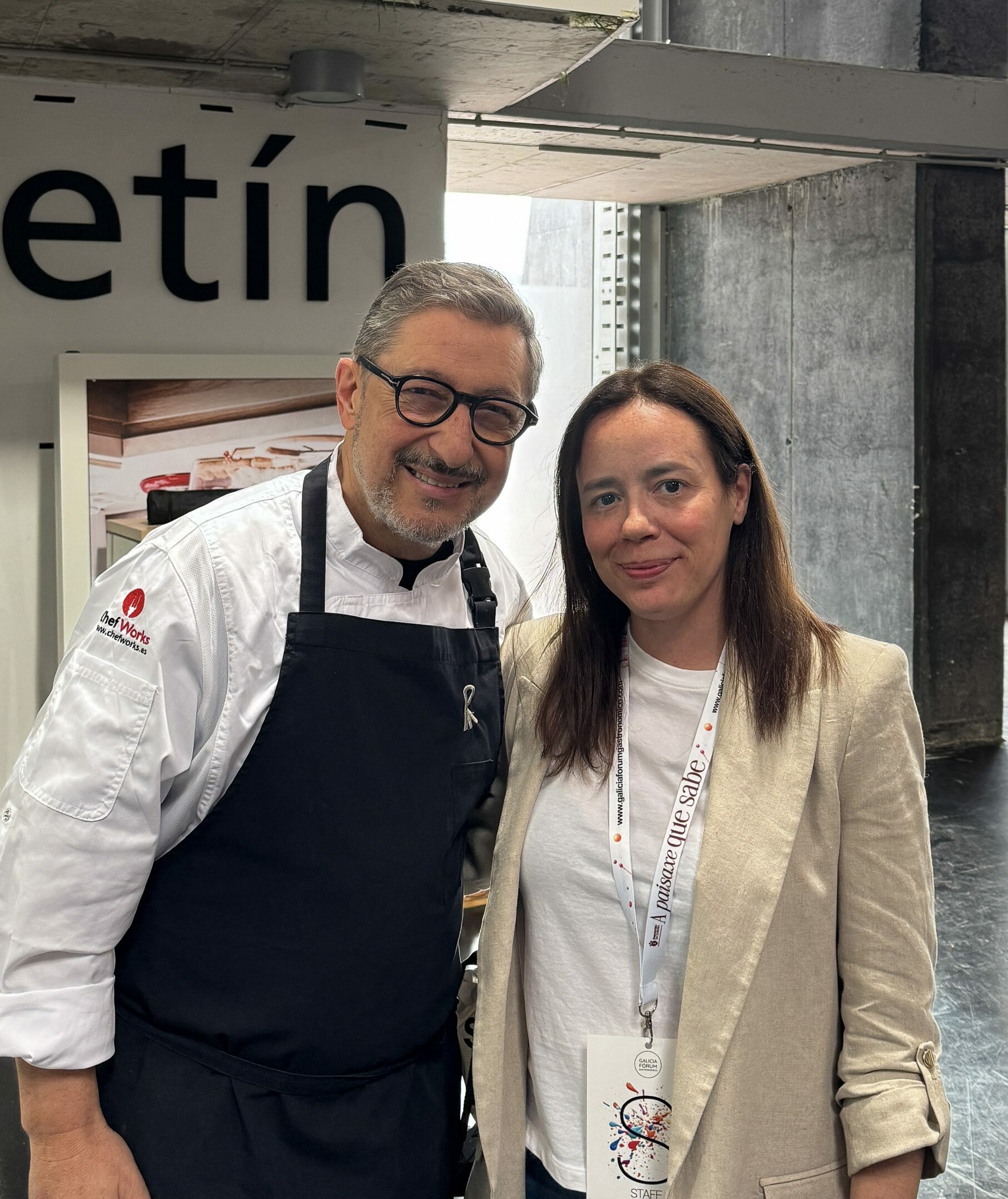This year I chose the Greek island of Rhodes as the place to spend my summer holidays. As some of you may already know from previous posts in this blog, I love Greece but especially its islands. I think they have all in their favour: good weather, idyllic places, nice people, good food and also it is quite close to Spain.
For my third visit to the country I opted for this island which is only 20 km (12 miles) from Turkey. Rhodes has many small villages and beautiful towns to see and it is very comfortable to travel through as it is quite small. So much so that it is only a two hour drive north to south.
The main town, which receives the same name from the island, is famous because it is there, in its port, where it is believed The Colossus once stood. It is a beautiful capital, but for my holidays I was looking for a more relaxing and characteristic place. Following the advice of a student, who lived three years in the island, I chose the second most important town: Lindos.
Lindos is crowded with tourists in the mornings coming from Rhodes town to visit the beautiful Acropolis on the top of a hill. From early afternoon it is empty enough to feel the place is more yours, while you cross the wide and cute streets and get lost through them. Besides, just because of St Paul Bay beach it is worth staying in Lindos. During my time in the island I visited several beaches but they all had something to envy it. In addition to these two towns, I discovered other places like the Butterfly Valley or the Monolithos area. But my attention was also captured by an ancient olive oil factory in Archangelos.
We all know in Greece there is an excellent high-quality olive oil (I consolidated this when I visited the island of Crete and attended a cooking course in a farm). So when I found out that I could visit this factory, I did not think twice about going there.
The factory is located on the main road of the island (the one that goes from Rhodes town to Lindos and continues to the south) and has some machines which have been in use for more than a hundred years. Being there I enjoyed a tasting of four extra virgin olive oils which they produce. Even one of these has won an award for its organoleptic characteristics. Needless to say that it was the one I liked the most. I think the recognition received is more than justified.
During the tasting we could also enjoy their olives, Greek tapenade and traditional bread that they make themselves. Plus in the little store, I could buy mountain tea, which is so typical in the country.
One of the moments I enjoyed the most during the visit was when I heard the history of the olive oil in the world and in Greece in particular. For example, did you know that 60 per cent of Greek soil is dedicated to plantings of olive trees? Or that at the Olympic games in ancient Greece the athletes covered themselves with olive oil?
For the Greeks it is also very important because they consider it to be part of the founding of the country. But you have to go back in time to find the origins of this precious tree. Six thousand years ago the Egyptians attributed the goddess Isis the merit of teaching to grow olive trees which they considered sacred. In Egypt, olive oil was used to illuminate temples or perfume baths and with the branches of the tree they made crowns they placed on the mummies.
But the oldest data about its origin we have today is from the Mesopotamia region (Syria and Iran) and from here it is believed the olive oil was extended to other places like Palestine, Israel, Asia minor and Lebanon, before reaching Europe.
Later the Romans spread it along the empire but the Arabians were the ones who ended up developing the cultivation of this tree in Spain, especially in Andalucia. The first ones considered it as a beauty product only at the reach of high classes and in the Arabic culture its impact on the olive history is so important that the word “oil” in Spanish comes from its language (az-zait) which means “olive juice”.
It is clear that the olive oil today plays an important role in the Mediterranean cuisine and that it is not missing in any Spanish house. In Greece it is also very present in its day-to-day, so much than when they marry, the family often gives olive trees to the bride and groom.
Photography: Carlota Fariña
Instagram: #lotaingreece










